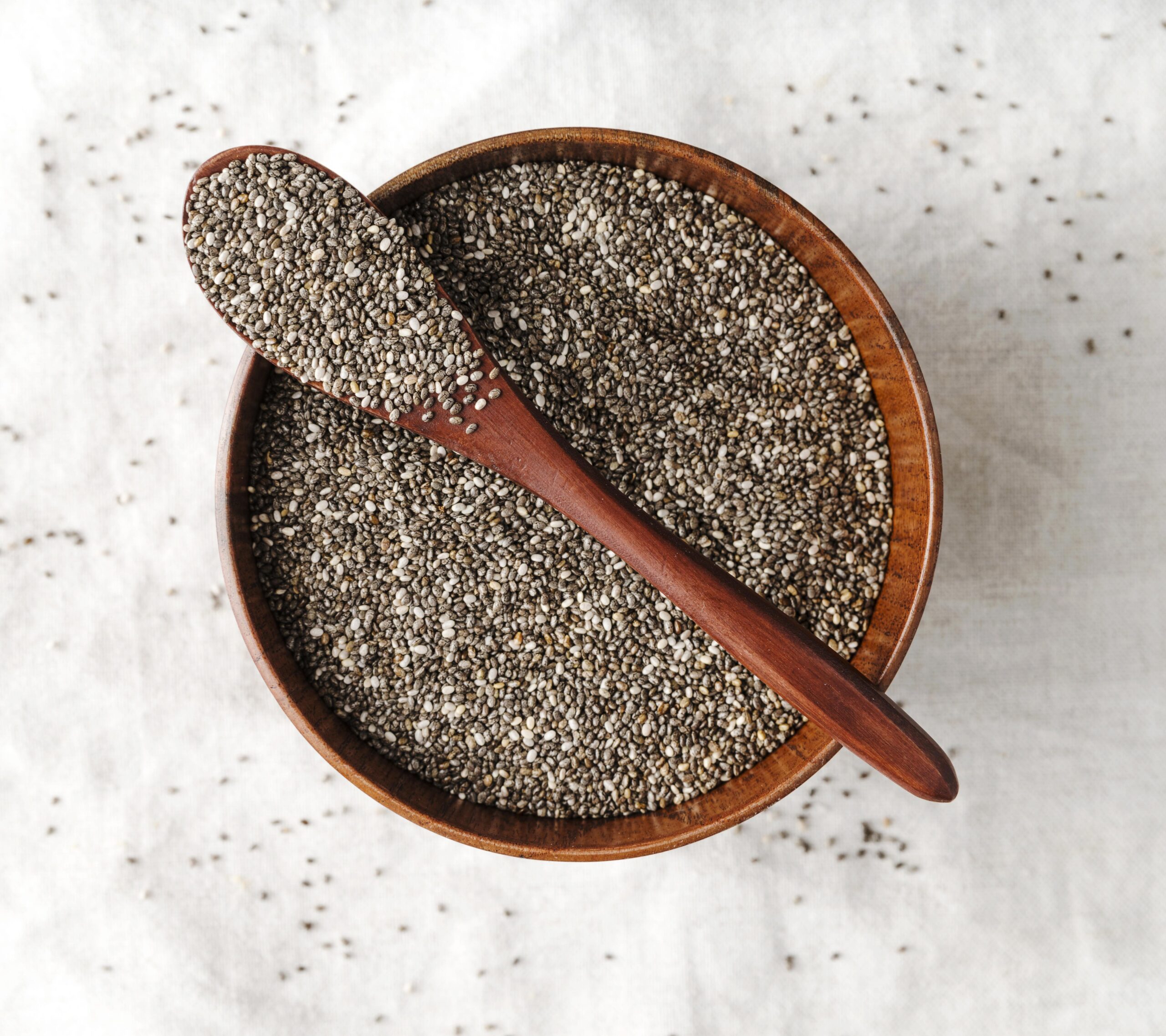- ACTIVITIES
91 Very Best Truth Questions


Chia seeds might look small and unassuming, but their nutritional power is anything but. Whether sprinkled on yogurt, blended into smoothies, or used to make a creamy pudding, chia seeds have become a modern kitchen staple and for good reason. Packed with fiber, omega-3 fatty acids, antioxidants, and essential minerals, these seeds quietly deliver impressive health benefits backed by research.
Below is a closer look at why chia seeds deserve a regular spot in your meals and how easily they can fit into an everyday diet.
Chia seeds are incredibly nutrient-dense. Just a small serving contains fiber, protein, healthy fats, calcium, magnesium, manganese, and antioxidants. This makes them one of the most concentrated plant-based nutrient sources available, especially for people seeking healthy additions to simple meals.
Antioxidants protect your cells from free radical damage, reducing oxidative stress. Chia seeds naturally contain a wide range of these protective compounds, which help keep the fats in the seeds stable and may support long-term health.
About 40 percent of a chia seed’s weight comes from fiber, making it an exceptional high-fiber food. This helps support healthy digestion, promote regularity, improve gut microbiome health, and increase fullness. Chia seeds absorb up to 10–12 times their weight in water, forming a gel-like texture that aids digestion and slows absorption.
Omega-3s are essential for heart and brain health, and chia seeds are one of the best plant sources of ALA (alpha-linolenic acid). Including them regularly may support overall cardiovascular health and inflammation management.
Thanks to their combination of fiber, protein, and their ability to absorb liquid, chia seeds help increase fullness and slow digestion. This can naturally reduce overeating or snacking, making chia seeds a helpful part of a balanced weight-management routine.
Chia seeds’ fiber and omega-3s work together to support lower cholesterol levels, healthy blood pressure, and overall heart function. When combined with a nutritious diet, they may contribute to long-term cardiovascular stability.
The gel-forming fiber in chia seeds slows the absorption of carbohydrates, helping prevent sharp spikes in blood sugar. This benefit makes them a smart addition for people looking to support more steady energy throughout the day.
Chia seeds contain all nine essential amino acids — a rarity in plant-based foods. Their protein content supports muscle repair, satiety, and overall nutritional intake, especially for vegetarians and vegans.
Chia seeds are rich in calcium, magnesium, and phosphorus all essential minerals for maintaining strong bones. Gram-for-gram, chia seeds contain more calcium than many dairy products.
One of the biggest advantages of chia seeds is how versatile they are. You can add them to smoothies, oatmeal, yogurt bowls, salads, baked goods, soups, homemade bread, chia puddings, and more. Their mild flavor blends seamlessly into both sweet and savory recipes.
Chia seeds help support a healthy digestive environment by feeding beneficial gut bacteria. Their soluble fiber forms a soothing gel that improves bowel regularity and supports long-term gastrointestinal wellness.

A typical serving is 1–2 tablespoons per day. Because they’re high in fiber, it’s best to start slowly and drink plenty of water to stay hydrated.
Chia seeds are truly a small seed with big benefits. From supporting digestion and heart health to boosting nutrient intake with little effort, they are one of the easiest superfoods to incorporate into your day. Whether you’re dressing up your breakfast or adding a nutritional boost to your snacks, a spoonful of chia seeds can make a meaningful difference in your routine.